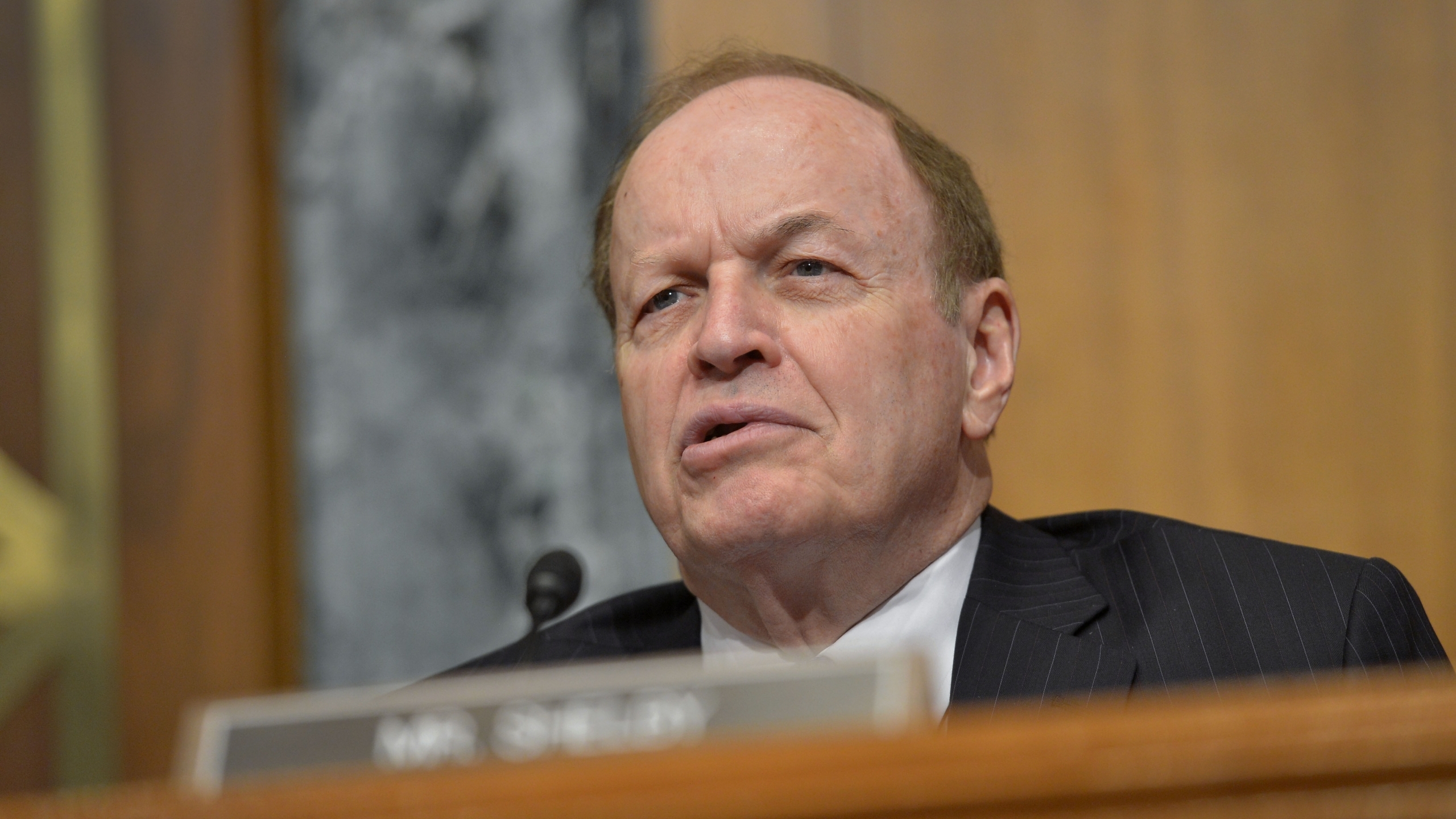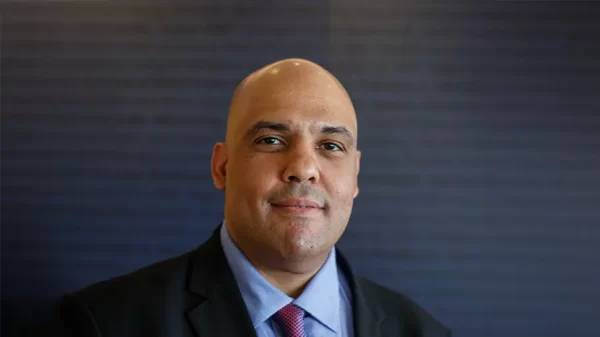Senators Richard Shelby, R-Alabama, and Marsha Blackburn, R-Tennessee, led a bipartisan letter to Administrator Chiquita Brooks-LaSure of the Centers for Medicare and Medicaid Services to encourage the agency to appeal a recent ruling by the U.S. District Court for the District of Columbia and finalize its proposal to continue the Low Wage Index Hospital Policy in the fiscal year 2023 Inpatient Prospective Payment System (IPPS) to reduce the disparity in Medicare reimbursement.
The letter reads in part: “In our states, the flawed AWI methodology has continued to negatively impact Medicare reimbursement. For decades, Medicare reimbursement has not been sufficient to cover the cost of the care provided. The compounded impact of this disparity has created financial pressures that are unsustainable. Our hospitals have survived as a result of reserves, cost-cutting measures, staff reductions, and the elimination of services, but these options have been exhausted. If nothing changes, more hospitals across our states will be forced to make difficult decisions about the services and jobs they provide, and with some potentially even closing.”
In addition to Shelby and Blackburn, the bipartisan letter was signed by Senators Jim Inhofe, R-Oklahoma; John Boozman, R-Arkansas; Tim Scott, R-South Carolina; Shelley Moore Capito R-West Virginia; James Lankford, R-Oklahoma; Tom Cotton R-Arkansas; Roger Marshall, R-Kansas; Bill Hagerty, R. Tennessee; Tommy Tuberville, R-Alabama; and Rafael Warnock D-Georiga.
The full text of the letter is below.
Dear Administrator Brooks-LaSure,
On behalf of the hospitals we represent and the patients they care for, we would like to commend you for taking steps to reduce the disparity in Medicare reimbursement created by the Medicare hospital area wage index (AWI) by proposing to continue the Low Wage Index Hospital Policy in the FY2023 Inpatient Prospective Payment System (IPPS) proposed rule. The continuation of this critical policy will allow our hospitals, many of which are in rural and underserved areas, to recruit and retain desperately needed healthcare staff. By continuing this policy for another year, you are putting patients first.
As you know, Congress gave broad discretion to the Secretary of the Department of Health and Human Services (HHS) to develop a hospital reimbursement system that accounted for geographic differences in wages. The Secretary is required to adjust the “proportion” of Medicare hospital inpatient payment attributable to “wages and wage-related costs” for “area differences in hospital wage levels.” HHS has consistently taken a broad view of its statutory authority when adjusting the AWI through notice and comment rulemaking to address concerns of hospitals in certain states, including the creation of the imputed rural floor in order to benefit hospitals in states without statewide rural areas. This administrative policy was in effect for almost a decade before being codified in the American Rescue Plan Act of 2021. The Low Wage Index Hospital Policy, which provides relief to hospitals in the bottom quartile of AWI levels, is consistent with these prior agency policy changes.
In our states, the flawed AWI methodology has continued to negatively impact Medicare reimbursement. For decades, Medicare reimbursement has not been sufficient to cover the cost of the care provided. The compounded impact of this disparity has created financial pressures that are unsustainable. Our hospitals have survived as a result of reserves, cost-cutting measures, staff reductions, and the elimination of services, but these options have been exhausted. If nothing changes, more hospitals across our states will be forced to make difficult decisions about the services and jobs they provide, and with some potentially even closing.
The Centers for Medicare & Medicaid Services (CMS) recognized the importance of the Low Wage Index Hospital Policy and the need to ensure that every American has equal access to care and is not to be disadvantaged for living in a majority rural state. CMS noted when it implemented this policy that “rural areas have experienced more than 100 hospital closures since 2010 and continue to face limited access to specialty care,” stressing that this policy adjustment would “help low-wage hospitals attract and maintain a highly-skilled workforce, which will strengthen competition and lead to greater choice for patients in rural areas.” Discontinuing the Low Wage Index Hospital Policy will ultimately lead to more closures, reducing access to care for the most vulnerable patients.
Moreover, the COVID-19 pandemic created a skewed labor market that will only further disrupt the AWI. In fact, we have not had the opportunity to see the true impact of the Low Wage Index Hospital Policy envisioned by CMS because of disruptions to the marketplace caused by the pandemic. Continuing the policy in FY2023, and extending it for years beyond that will allow hospitals and the agency to understand the true impact in a somewhat more normal environment.
We understand that the United States District Court for the District of Columbia recently ruled that CMS exceeded its statutory authority when it finalized the Low Wage Index Hospital Policy in the FY2020 IPPS final rule. We adamantly disagree with this decision and encourage the agency to appeal and finalize its proposal to continue the policy in FY2023. There is clear evidence that CMS has the authority to implement the Low Wage Index Hospital Policy. If this policy were to end, the adverse impact on health care access would be dire and deal a tremendous blow to health care.
We look forward to working with you to ensure that hospitals are no longer penalized for being located in rural areas and patients have access to health care no matter where they are located.





















































